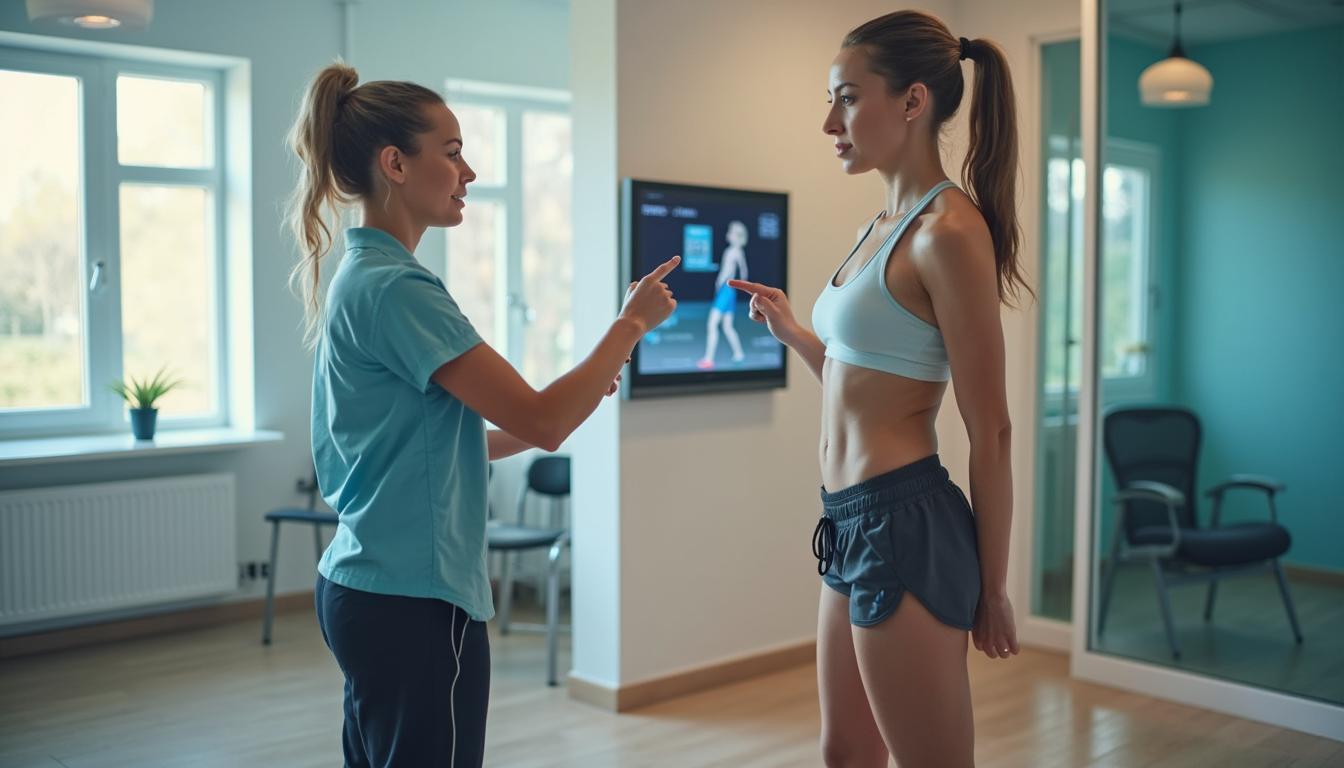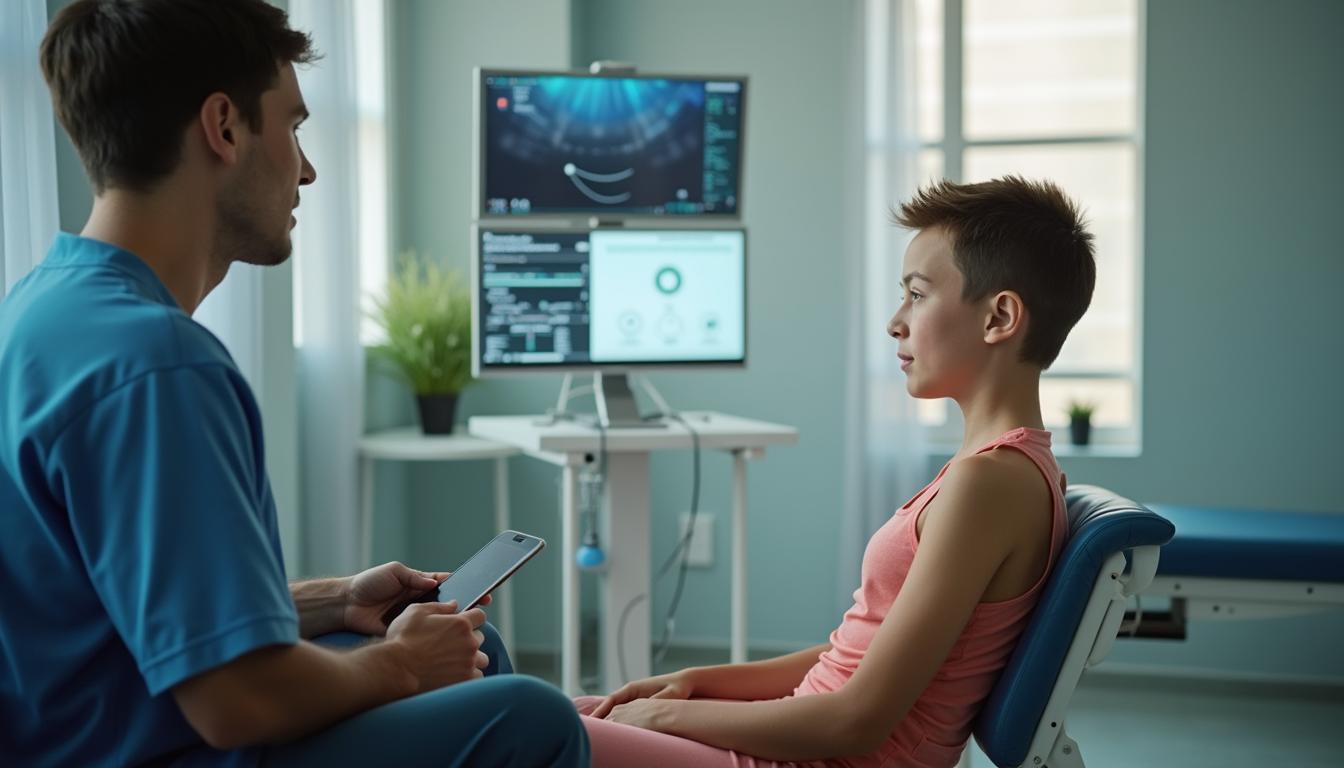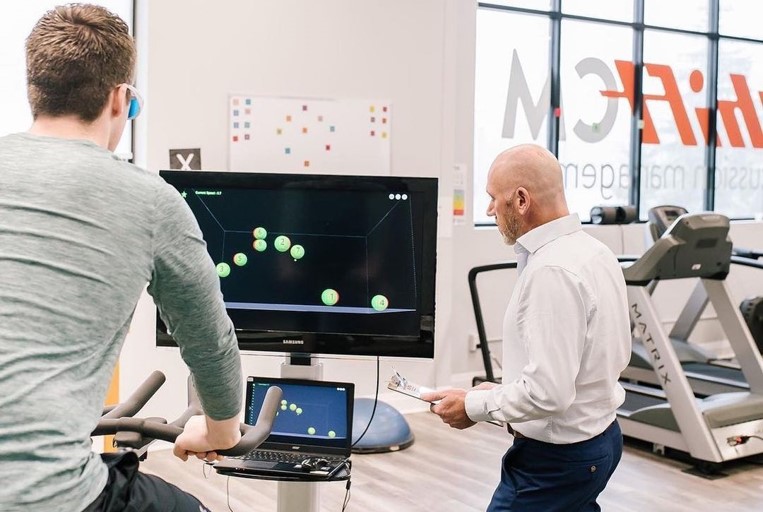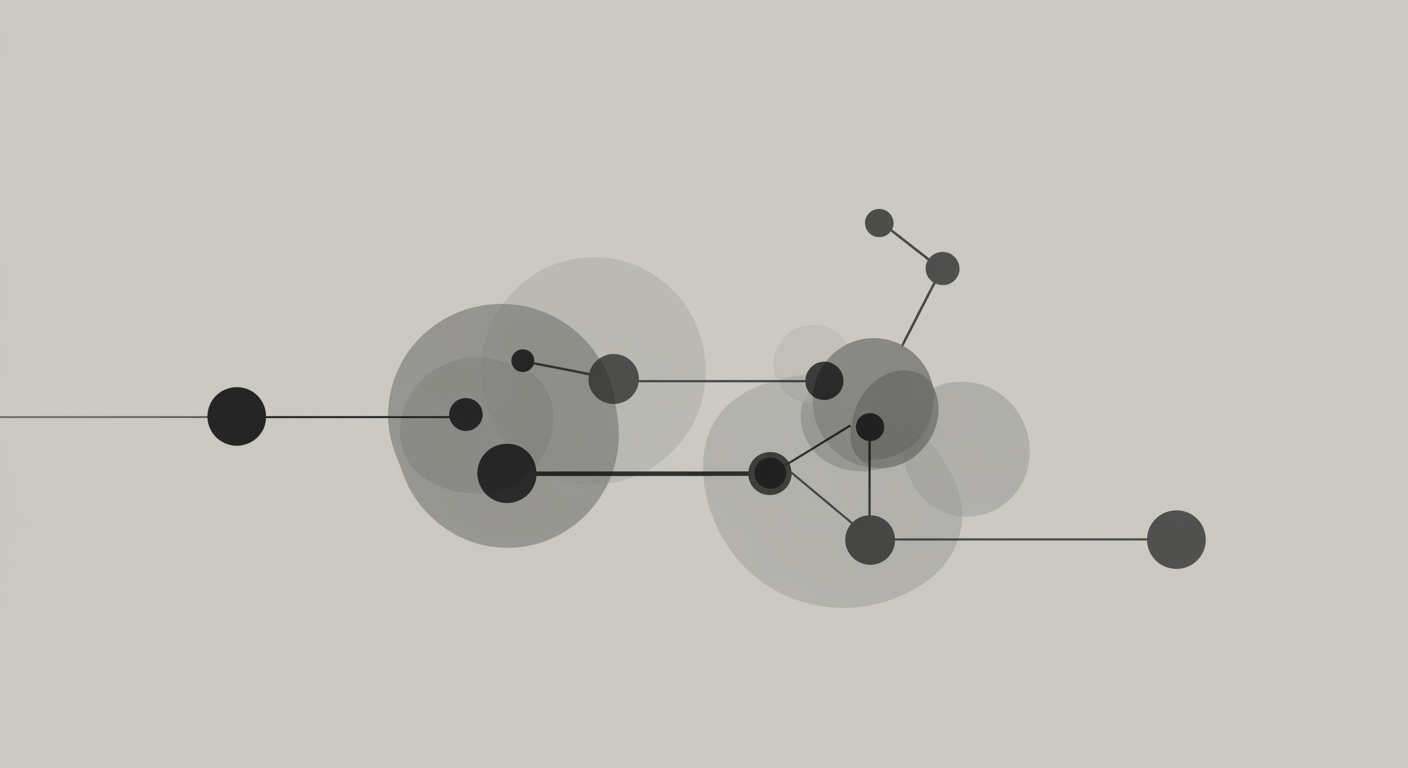Welcome to the Research and Strategy Services at in today's fast-paced.


Every athlete and clinician knows that concussion recovery is complex. Symptoms may fade, balance can return, and physical conditioning often looks normal — yet many athletes remain at risk.
The return-to-play (RTP) and return-to-training phases are especially critical. These moments carry high stakes, as athletes who aren’t fully ready face a much greater chance of reinjury. What often goes unnoticed are the cognitive and motor skill deficits that persist long after the visible signs of recovery.
This is where concussion rehabilitation overlaps with peak performance training. To truly protect athletes and prepare them for success, both domains need to be addressed together.

Traditionally, RTP decisions are based on physical markers: symptom checklists, balance tests, and conditioning drills. But concussions affect more than just the body — they impact attention, reaction speed, decision-making, and motor control.
Research now shows that athletes may look physically ready while still having lingering weaknesses in the brain systems that govern coordination and split-second responses. These deficits can:
This means that the very phase athletes most look forward to — stepping back onto the field — may also be when they are most vulnerable.
To reduce this vulnerability, more clinicians are integrating cognitive training and performance testing alongside traditional rehab. This approach:
For athletes, this doesn’t just speed recovery — it also improves their long-term performance capacity.
New evidence shows that perceptual-cognitive training can transfer directly to motor function benefits. For example, recent studies on aging populations have demonstrated improvements in motor skills following targeted brain training, highlighting its value in rehabilitation and daily functioning.

Preliminary research findings also indicate that this type of training can be used to assess and strengthen areas of persistent weakness after injury, offering an early warning for reinjury risks. As one study led by Professor Jocelyn Faubert, an esteemed neuroscientist and the inventor of NeuroTracker, points out:
“Athletes can potentially use cognitive training to limit their risk of sustaining an injury. By targeting the brain systems that control attention, decision-making, and coordination, we can reduce hidden vulnerabilities that might otherwise lead to setbacks.”

NeuroTracker is one of the most widely studied tools for this purpose, with over 120 peer-reviewed publications. It has been successfully applied in:
What makes NeuroTracker stand out is its ability to scale from the clinic to the field — including remote training options that allow athletes to continue progressing at home.
As NeuroTracker champion Dr. Aakash Shah puts it, the value lies in combining clinical care with high-level performance gains:
“When we strengthen both visual and cognitive skills, we’re not just rehabilitating — we’re future-proofing athletes.”
Concussion rehabilitation is not just about healing; it’s about building resilience. By integrating cognitive and motor skill training into RTP protocols, clinics and performance centers can:
This convergence of rehab and performance is why the most forward-thinking clinics — and the most successful athletes — are embracing brain-first approaches to recovery.
Q: Isn’t concussion recovery mostly about rest and physical therapy?
A: Rest is essential in the early stages, but research shows that lingering cognitive deficits can persist well after physical symptoms fade. Addressing these directly is critical for safe recovery.
Q: How does NeuroTracker fit into return-to-play decisions?
A: NeuroTracker can provide objective benchmarks — either from an athlete’s own pre-injury baseline or from normative references — to help clinicians assess readiness with greater confidence.
Q: Can cognitive training really affect motor skills?
A: Yes. Studies show improvements in coordination, decision speed, and motor control following perceptual-cognitive training. This is why it’s gaining traction in both rehab and performance contexts.
Q: Is this relevant only for professional athletes?
A: Not at all. From youth sports to active adults, cognitive training is being used to support safer recoveries and build stronger long-term resilience.








Welcome to the Research and Strategy Services at in today's fast-paced.

Many professional roles require cognitive performance to be sustained over long periods rather than demonstrated briefly. This article explains how sustained cognitive load shapes performance in knowledge-work and monitoring environments.

An overview of the important interpretational difference between temporary changes in brain state, and durably lasting changes in cognitive capacities.

An interpretive overview explaining why cognitive training outcomes vary across individuals, how factors such as baseline ability, state, and measurement influence results, and why variability should be expected.
.png)